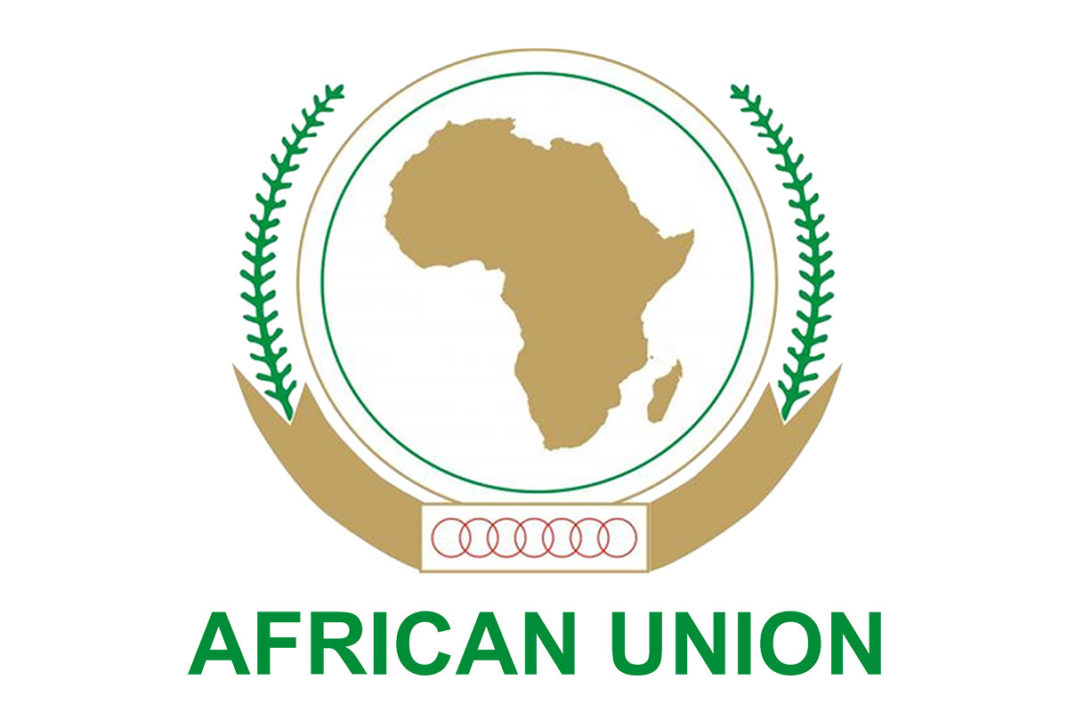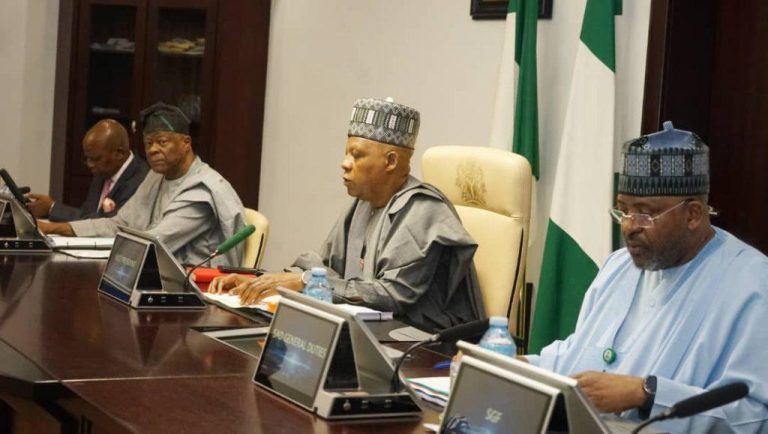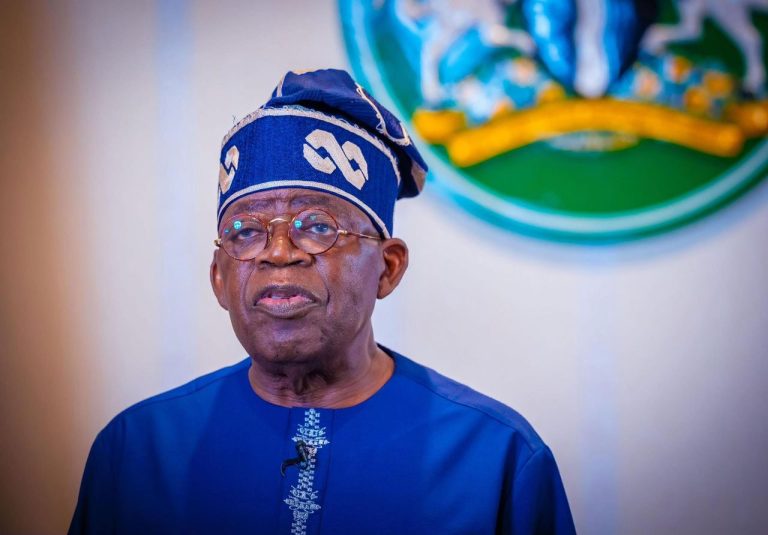
African Union Logo
 African Leaders
African Leaders
“Africa doesn’t need another conversation. It needs a conversion, from words to work.”
These striking words by Audrey Makoti underscore a blunt truth.
The continent has long been awash in high-level summits, keynote addresses, policy papers and inspirational rhetoric about “Africa Rising”.
As Makoti rightly observes, the fundamental transformation is not forged in posh hotel ballrooms or on panel discussions but in the hum of factories
The sweat of entrepreneurs, and the quiet operations of small and medium enterprises (SMEs) that seldom make headlines.
She writes: “Talk has never built a single factory. Policy papers don’t feed families. And PowerPoints don’t power nations.”
This article takes that declaration as its starting point.
Africa stands at a pivotal juncture: it possesses immense potential, young populations, dynamic entrepreneurial talent, and abundant natural resource endowments, but this potential cannot be fulfilled by rhetoric alone.
Instead, it demands a profound conversion of intent into action, of investment into infrastructure, of education into innovation, of policy into enterprise.
The remainder of this article will explore the contours of this transition:
A. Why Africa cannot afford more conversations.
B.How human-capital investment and industrial conversion must become the pivot.
C. The global lessons from major investing countries (including China) on building education, skills and manufacturing capability
D. Finally what it would mean to shift gears from talk to execution in Africa’s entrepreneurship and development ecosystem.
1. The Cost of Conversation Without Conversion
The numerous summits and grand declarations held across the continent are a testament to the fact that Africa is frequently discussed, and often in external forums, about its challenges and opportunities.
Yet for all the “Africa Rising” headlines, the lived reality of many Africans remains one of structural barriers, informal enterprise, and under-exploited capacity.
Makoti reflects from her own work with 120 African SMEs that “real people solving real problems with zero fanfare” is where the rebirth of Africa is happening.
The problem is that too little global attention, investment and structural reform has reached them.
At the macro level, one crucial indicator stands out.
While the region of Sub-Saharan Africa has experienced economic growth over recent decades, this growth has not translated into broad-based improvements in human capital and convergence of per capita income with more advanced areas.
The World Bank notes that smart investments in human capital remain the “accelerators of economic growth.”
However, much of Africa still lags in key indicators, such as youth skills, survival rates, out-of-school children, and learning outcomes.
World Bank detailed study of 48 African countries from 2000 to 2019 found that human capital development has a significant impact on economic growth in African settings; however, the region still faces substantial gaps and structural impediments. (PMC)
At the enterprise level, structural barriers flourish.
SMEs face challenges including access to finance, regulatory burdens, weak infrastructure, talent shortages, and the mismatch between the skills supplied by education systems and the needs of manufacturing, innovation and scaled entrepreneurship.
When policy papers dissolve into a sea of “innovation panels” but the warehouses (as Macoti puts it) are few, the gap is not simply one of resources, it is one of conversion: of enabling environments, of execution discipline, of shifting markets.
The risk is that Africa falls into the trap of endless conversation, of symptoms rather than solutions
While the engine of transformation, the entrepreneur, the factory, the scalable business model, remains underpowered.
2. Human Capital As The Engine of Conversion
If Africa is to move from talk to action, from promise to performance, one of the fundamental levers is human capital: the health, education, skills, and resilience of its people.
Without it, even the best policies, infrastructure or finance will under-deliver.
The World Bank’s Human Capital Project (HCP) emphasises that the contribution of health and education to the productivity of the next generation of workers is central. (World Bank).
The Africa Human Capital Plan sets out targets to boost Sub-Saharan Africa’s potential through its people.
Thus, human capital complements manufacturing and technology investment. (PMC) For Africa, this means two key imperatives.
One: invest heavily across the whole life course, from early childhood development through primary, secondary, tertiary, and lifelong learning, to ensure that young people are not simply enrolled in school but are acquiring the cognitive, digital, and entrepreneurial skills needed for the algorithm-age economy.
Two: link that education to a viable ecosystem of jobs, manufacturing, services, and innovation, so that the human capital created is converted into economic productivity. Without the second, you risk a “walking treadmill” effect: more graduates, but fewer relevant jobs, weak enterprises, limited production, and a continued reliance on raw-material exports rather than value-added conversion.
3. Global Lessons: Building Human Capital, Manufacturing and Conversion
Africa may need conversion, but it does not need to reinvent the wheel.
Several countries, most notably China, but also others in East Asia and the global South, offer instructive lessons on how sustained investment in education, skills, secondary and tertiary institutions, and manufacturing capacity can underpin rapid structural transformation.
China’s model
China has systematically invested in all levels of education, building universities, technical institutes, and vocational schools, while ramping up research and development (R&D) and linking it to a manufacturing-led growth model.
Through its overseas enterprise investments and participation in Africa, there is also a human capital dimension: some research shows that Chinese private enterprises in Nigeria, for example, are contributing to education and skills transfer. (ScienceDirect) The
6. The Role of Entrepreneurship as the Conversion Engine
At the heart of Makoti’s message is the entrepreneur: the individual or team who builds, produces, innovates, and scales. Africa’s transformation requires paying attention to the millions of African entrepreneurs who seldom appear on “innovation panels” but are building real businesses. To unlock their potential, the following considerations are vital:
6.1 From small to scalable
Many African entrepreneurs start micro-businesses, but scaling remains difficult. Conversion requires enabling pathways from micro to small, medium, and large enterprises, supported by mentor programmes, growth capital, market networks, and industrial linkages.
6.2 Contextual innovation
Entrepreneurs in Africa are uniquely positioned to address local challenges, including energy access, logistics, agriculture, healthcare delivery, fintech, and climate adaptation. Their solutions often thrive in the regional context. Conversion means supporting these innovators, not applying external templates indiscriminately.
6.3 Integration into value chains
6.4 Funding and mentorship
Access to capital is necessary, but it is insufficient. Mentorship, technical assistance, networks, and exposure to global markets matter. Conversion means building an entire ecosystem support, not just convening another summit.
7. Policy Implications and Strategic Recommendations
For African governments, development partners, private sector actors and civil society seeking to shift from conversation to conversion, the following strategic recommendations emerge:
Prioritise investments in human capital across all levels:
Early childhood development, universal primary and secondary education, tertiary and vocational education, with strong linkage to labour-market needs and digital skills.
Align industrial policy with education and enterprise policy:
Ensure that training institutions feed into growth sectors (manufacturing, agro-processing, digital services) and that enterprises can absorb and benefit from human-capital investments.
Build infrastructure and physical-capital capacity concurrently: Roads, power, digital connectivity, logistics, and industrial parks must be developed in tandem with human capital.
Create an enabling business ecosystem for SMEs and entrepreneurs:
Regulatory reform, inclusive finance, mentorship programmes, innovation hubs, local value-chain linkages and export facilitation are critical.
Embed measurement, accountability and results orientation:
Define clear metrics for human-capital outcomes (learning levels, skills certification), enterprise outcomes (jobs created, revenue growth, exports), industrial outcomes (value-added output, manufacturing jobs) and hold summits accountable to delivering on these.
Leverage external partnerships wisely: Collaboration with countries like China, institutions, universities, and multinational firms can help, but must focus on sustainable capability transfer, local ownership and value-chain integration, not just external investment or aid.
Foster a culture of execution:
Beyond conferences and speeches, leaders must commit to “results only” frameworks, champion entrepreneurs, invest in the unseen work, and encourage innovation in the dust, the chaos and the creativity—as Makoti emphasises.
Conclusion
The turning of Africa’s potential into realised progress will not be achieved through another keynote address, panel discussion or hotel ballroom summit.
As Audrey Makoti so powerfully puts it, “The truth? We’ve built an entire industry around talking about development instead of doing development.”
The continent must shift from words to work, from policy to production, from enrolments to employment, from summits to scale-ups.
The stakes are high: by 2025, Africa will account for a quarter of the world’s population and will hold the world’s fastest-growing working-age cohort. (World Bank)
To harness the demographic dividend, there is a need for conversion, massive investment in human capital, an aligned industrial strategy, entrepreneurial enablement, and execution discipline.
The task is immense, but the opportunity is enormous.
The entrepreneurs—not the podium speakers- are where the real rebirth of Africa is happening.
The warehouses filled with African-made products, the factories powered by skilled African labour, the digital services born in African universities.
The innovators earning real payment for solving real problems: these are the signs of conversion.
Africa’s future depends on turning potential into performance, conversation into conversion, and talent into tangible transformation.
This Opinion was written by Oyewole O Sarumi.
Read Also:Combating Food Security in Africa -Professor Ola Ogunyemi







